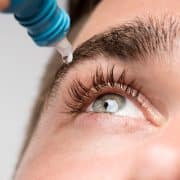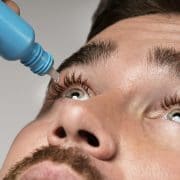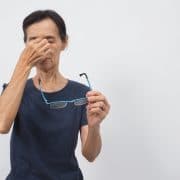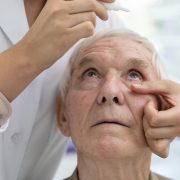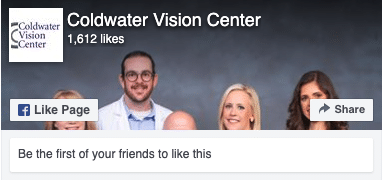Is Excess Screen Time Actually Causing My Dry Eyes?
If you suffer from dry eyes, your optometrist in Coldwater, MS may have already told you that excess screen time can make this condition worse. The reason why may surprise you. Did you know that people tend to blink a lot less when they’re looking at screens versus when they’re gazing at other things, such as scenes of nature or even pieces of paper? Scientists don’t yet understand why this is true, but since blinking lubricates the eyes each time your eyelids close down over your eyes, it’s easy to realize that a lack of blinking isn’t good for dry eyes. But is it possible that the connection is even worse between dry eyes and screens? Could excess screen time actually be the cause of your dry eyes to begin with?
Recognizing the Symptoms
Common symptoms of screen-induced dry eye include redness, itching, a sensation of burning, blurred vision or feeling like someone just kicked up sand and it went straight into your eyes. If left unmanaged, these symptoms can worsen, potentially leading to inflammation or long-term irritation.
Reducing the Impact of Screen Time
You don’t have to be a math genius to overcome the hurdle of this condition. To prevent or alleviate dry eyes, try adopting the 20-20-20 rule: every 20 minutes, look at something 20 feet away for 20 seconds. This practice encourages blinking and gives your eyes a break from focusing on the screen. Ensuring your workspace is well-lit and adjusting screen brightness can also help. Consider using artificial tears or a humidifier to maintain moisture in the environment.
Getting Help For Dry Eyes
If you have dry eyes, steer clear of over-the-counter eye drops. These drops may cause the opposite to happen in people who truly have dry eye syndrome in Coldwater, MS. Instead, book an appointment with your optometrist at Coldwater Vision Center for a proper diagnosis and treatment. We can recommend specialized treatments, such as prescription eye drops or other therapies tailored to your needs.
While screen time is a modern necessity, its impact on your eyes shouldn’t be ignored. It could actually be the underlying reason why you have dry eyes to begin with, which is nothing to trivialize. But, by adopting healthy habits and seeking professional care when needed, you can protect your eyes and stay comfortable, even in our digital world.

